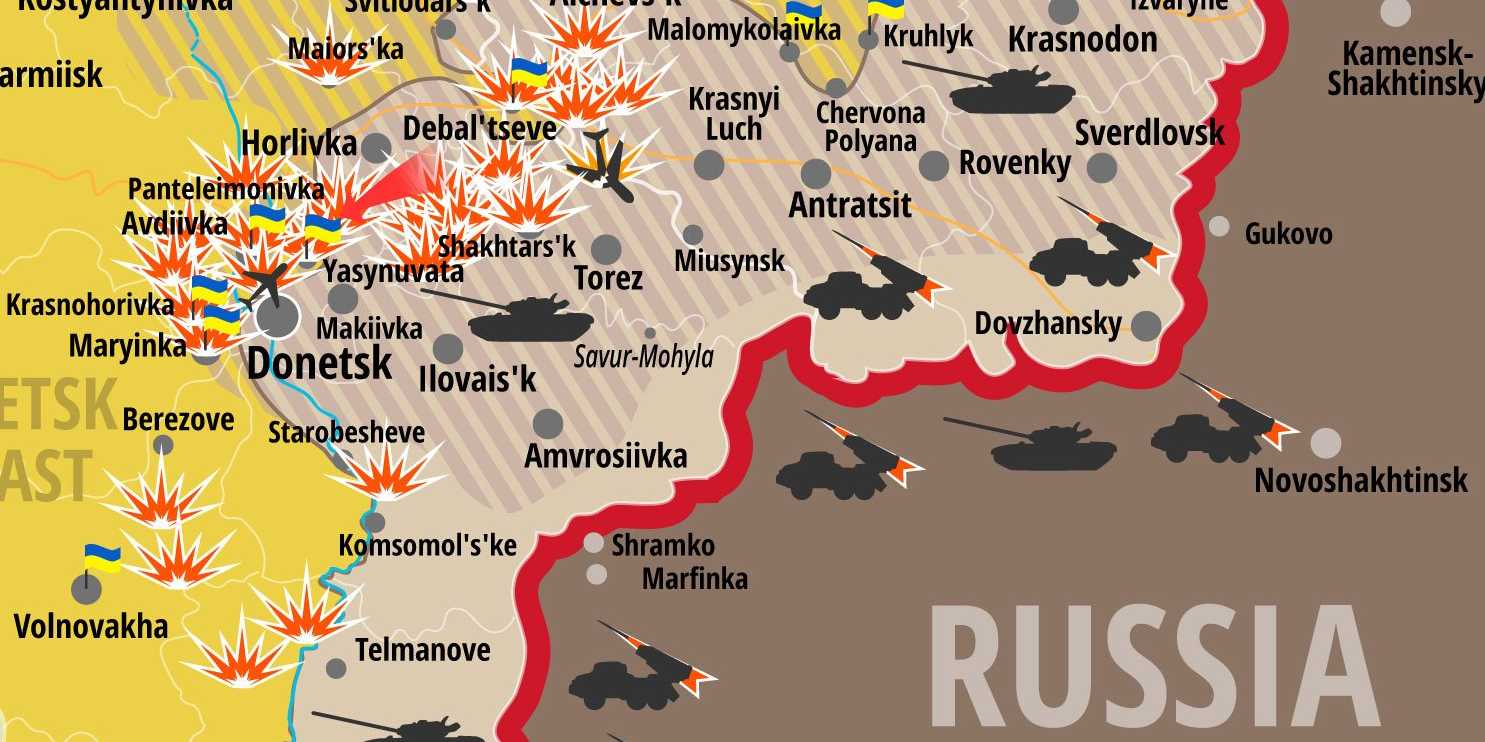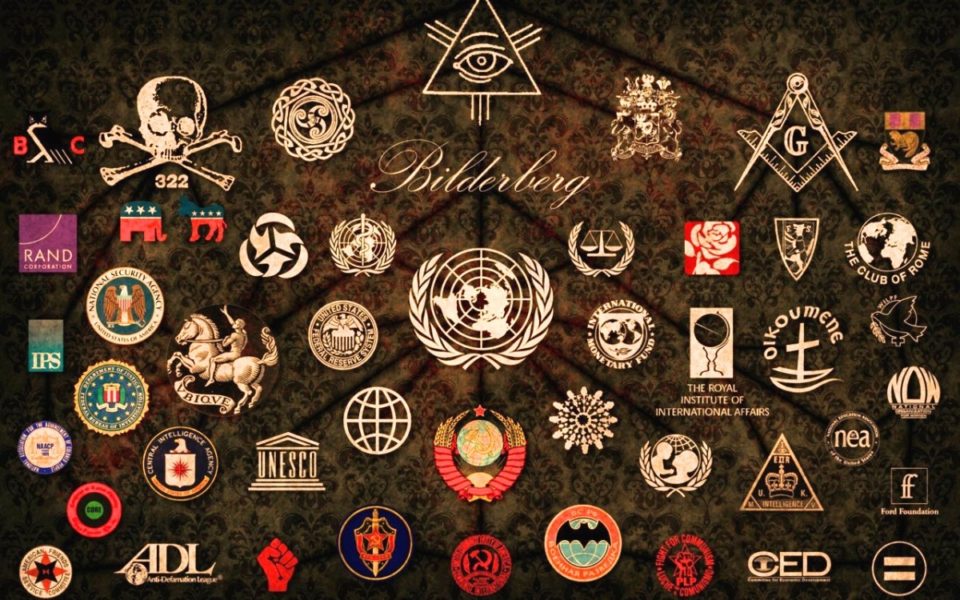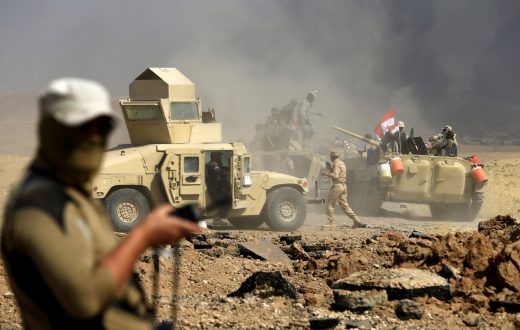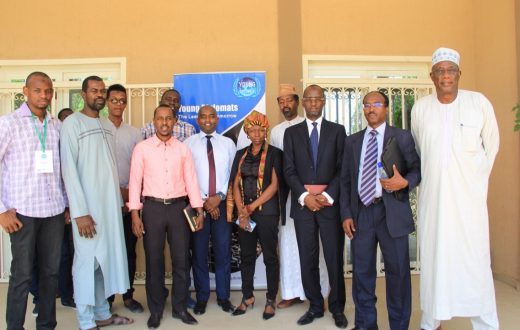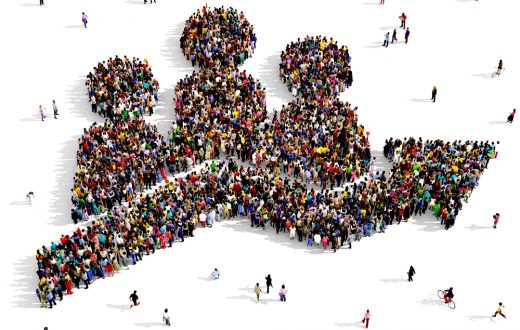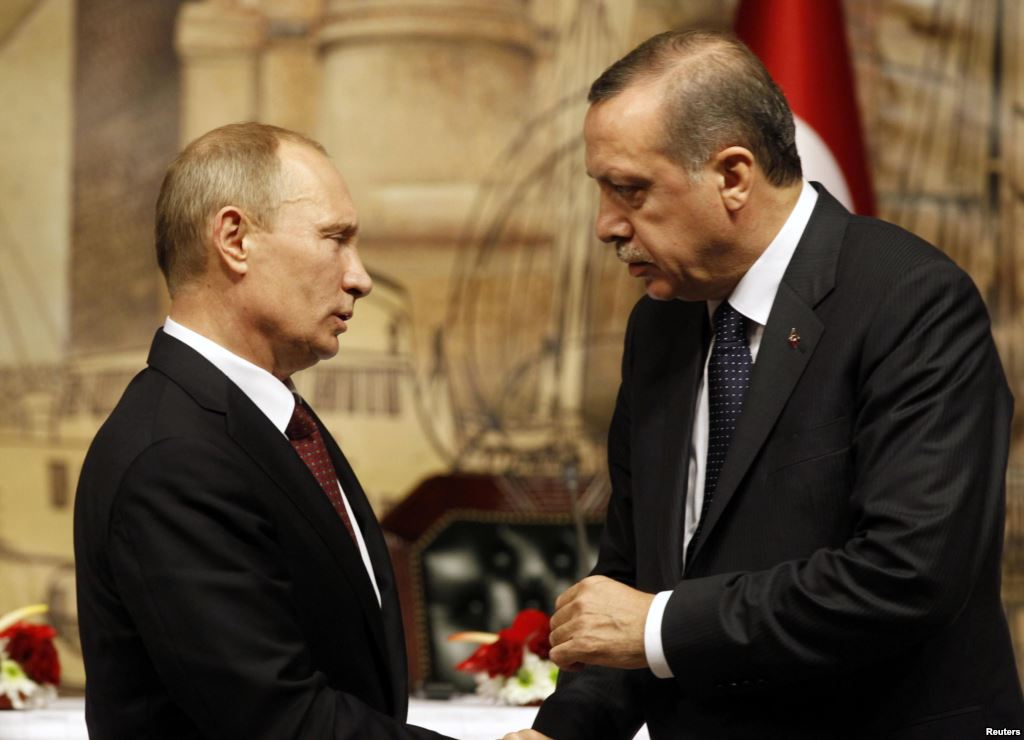Summary
Ukraine is likely to undergo a significant political shake-up after the ruling coalition’s main parties performed poorly in recent local elections. This overhaul likely will include a Cabinet reshuffle, the replacement of several key ministers, and a public campaign to crack down on corruption and, more specifically, on powerful oligarchs. The Western-oriented government led by Ukrainian President Petro Poroshenko and Prime Minister Arseniy Yatsenyuk will probably remain intact in the near term, but increasing pressures and growing political instability in Kiev will have important implications domestically and for Ukraine’s relationships with Russia and the West.
Analysis
Mayoral and city council seats were contested throughout most of Ukraine in elections on Oct. 25. Although official results will not be available until after Nov. 15, when some cities and regions hold runoff elections, the initial vote made it clear that Ukraine is still deeply a divided country. Regions in western and central Ukraine favor pro-Western parties, while eastern and southern regions show more support for the pro-Russian Opposition Bloc party. Notably, the major parties in Ukraine’s ruling coalition did not perform particularly well. The Poroshenko Bloc lost ground to other Western-oriented parties such as Samopomych, and the People’s Front party founded by Yatsenyuk in 2014 fared so badly in polls before the vote that it refrained from even participating in elections.
Poroshenko’s and Yatsenyuk’s parties dominated the most recent parliamentary elections, which were held in October 2014. But since then, Yatsenyuk’s popularity has eroded; recent polls show he has less than 5 percent of his own party’s support. He lost much of his base when he championed painful austerity measures to get financing from Western Institutions and prop up the ailing economy amid the conflict in Ukraine. Moreover, much of the population sees high-level corruption as pervasive and views the government as ineffective in areas such as judicial and legal reform. And as Yatsenyuk’s popularity has fallen, so has support for Poroshenko’s party. Today Poroshenko’s and Yatsenyuk’s parties collectively hold only 225 seats in the 450-seat parliament.
Recognizing that public support for the Ukrainian government is declining, Yatsenyuk pledged to enact a major political overhaul, including a reshuffling of the Cabinet, after the elections. The prime minister said he may replace ministers in such areas as energy, health care and education in as little as two weeks. At the same time, Poroshenko has launched a public anti-corruption campaign that included the arrest of Gennady Korban, an influential businessman linked to Ukrainian oligarch Igor Kolomoiski, on bribery charges. According to Poroshenko, the arrest was just the beginning of a broader crackdown on corruption. The president has promised a renewed emphasis on tackling graft in the country.
Although these measures are meant to revitalize support for the government, they put the ruling coalition at some risk. Oligarchs remains extremely influential in Ukrainian politics. Figures like Kolomoiski not only hold major stakes in the country’s banking and energy sector but also wield influence through volunteer battalions operating in eastern Ukraine. Pushing too hard against the oligarchs comes at a price; oligarchs Dmitri Firtash and Rinat Akhmetov withdrew their support from former President Viktor Yanukovich before his ouster in 2014. Poroshenko, himself one of Ukraine’s richest men, will have to proceed cautiously in targeting the more powerful oligarchs as part of his anti-corruption campaign.
Yatsenyuk’s position as prime minister is likely safe for now. Poroshenko has no other party he can work with to maintain a majority in parliament, and Yatsenyuk, as the force behind financial reform in Ukraine, has substantial support from the West. Yatsenyuk also plays a key role in Ukraine’s negotiations with the International Monetary Fund to receive the next tranche of its bailout before the end of the year. However, next year could prove more problematic for the prime minister. Members of his party may take the opportunity to join other Western-oriented parties — something that could lead to early elections or usher in a new prime minister in 2016.

The growing precariousness of the ruling coalition’s position is also likely to have important consequences for Ukraine’s relationship with Russia. The conflict in eastern Ukraine has calmed significantly since temporary cease-fire was established at the beginning of September, and both Ukrainian and separatist forces have begun withdrawing heavy weaponry from the line of contact in accordance with the Minsk agreement. However, following an uptick in fighting in recent days, Ukraine’s Security Council secretary has said that the country will suspend the armament withdrawal if the Russian-backed rebels continue their provocations and use of heavier weapons such as mortars.
Meanwhile, the government is considering delaying controversial constitutional reforms that would grant greater autonomy to the Donbas regions — a key demand by Russia and the separatists. If Kiev does delay the reforms until after the end of the year as it struggles to implement its domestic agenda, tensions with the separatists and Moscow may escalate.

